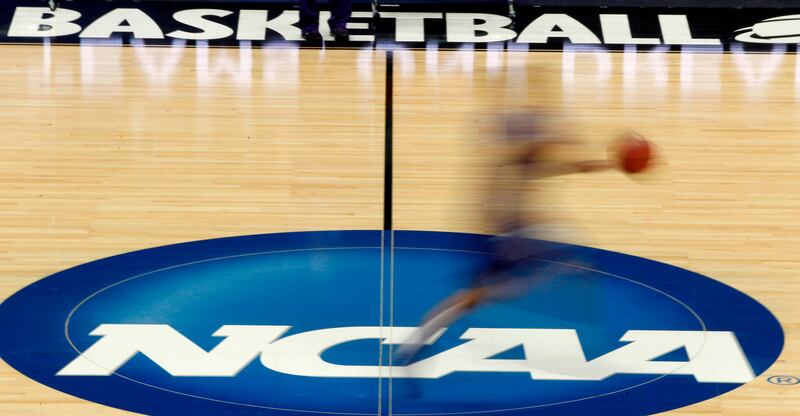Sanctions from the NCAA have long been the bane of college athletics programs. They can inflict long-term damage, even though the rule-breakers themselves are often long gone.
For example, USC football operated with fewer than 85 scholarships for years — per ESPN, the Trojans “surrendered 30 scholarships over a three-year span” — long after Reggie Bush, who “accepted improper gifts and benefits from agents,” had left Southern California for the NFL.
But according to a recent report by Athlon Sports’ Bryan Fischer, the way in which the NCAA penalizes rules infractions may soon be subject to change.
Sources told Fischer that the NCAA Transformation Committee/Infractions Process Committees have heard from schools and conferences about several ideas that would seriously revamp NCAA rules enforcement.
Potential changes include:
- The head coach would be responsible for any staff violation, without exception.
- Coaches would be banned from the postseason instead of teams, replacing the traditional bowl ban in football.
- The NCAA would be able to levy multimillion-dollar fines at offenders.
- Scholarship losses — one of the NCAA’s chief forms of punishment for recruiting violations — would follow coaches if they leave the offending program for another.
- The NCAA would be able to level penalties for the disparaging of rules enforcement in public comments.
Any and all changes would represent a significant shift in NCAA policy.
As argued by Maureen A. Weston in the Boston College Law Review, NCAA sanction powers are currently quite limited and focused on institutions, rather than individuals.
“NCAA sanction powers are narrow in that they extend only to member institutions, not to individual coaches, players, agents, boosters, or other involved individuals,” Weston writes. “The sanctions are broad in that they negatively impact current student-athletes, who are restricted in their ability to transfer without penalty.”
To Weston’s point and according to the NCAA infractions process, detailed in full at NCAA.org, “the committee attempts to protect student-athletes who were not involved in the violation. However, as with the enforcement process in general, the focus is at the institutional level. ...
“Penalties can be applied across the entire athletics department, to a specific sport and/or individuals involved in the case. The penalty structure was established based upon the NCAA as an association of member institutions rather than individuals.
“Unfortunately, some sanctions, such as a ban on postseason competition, while serving as a deterrent for institutions, also negatively affect innocent student-athletes.”
According to Fischer, the proposed policy shifts — placing more of the responsibility on coaches and less on institutions — could help encourage more self-reporting of violations.
There has been a general lack of self-reporting by schools, which has been a source of frustration at the NCAA office, per Fischer. The new concepts, in theory, could change that.


